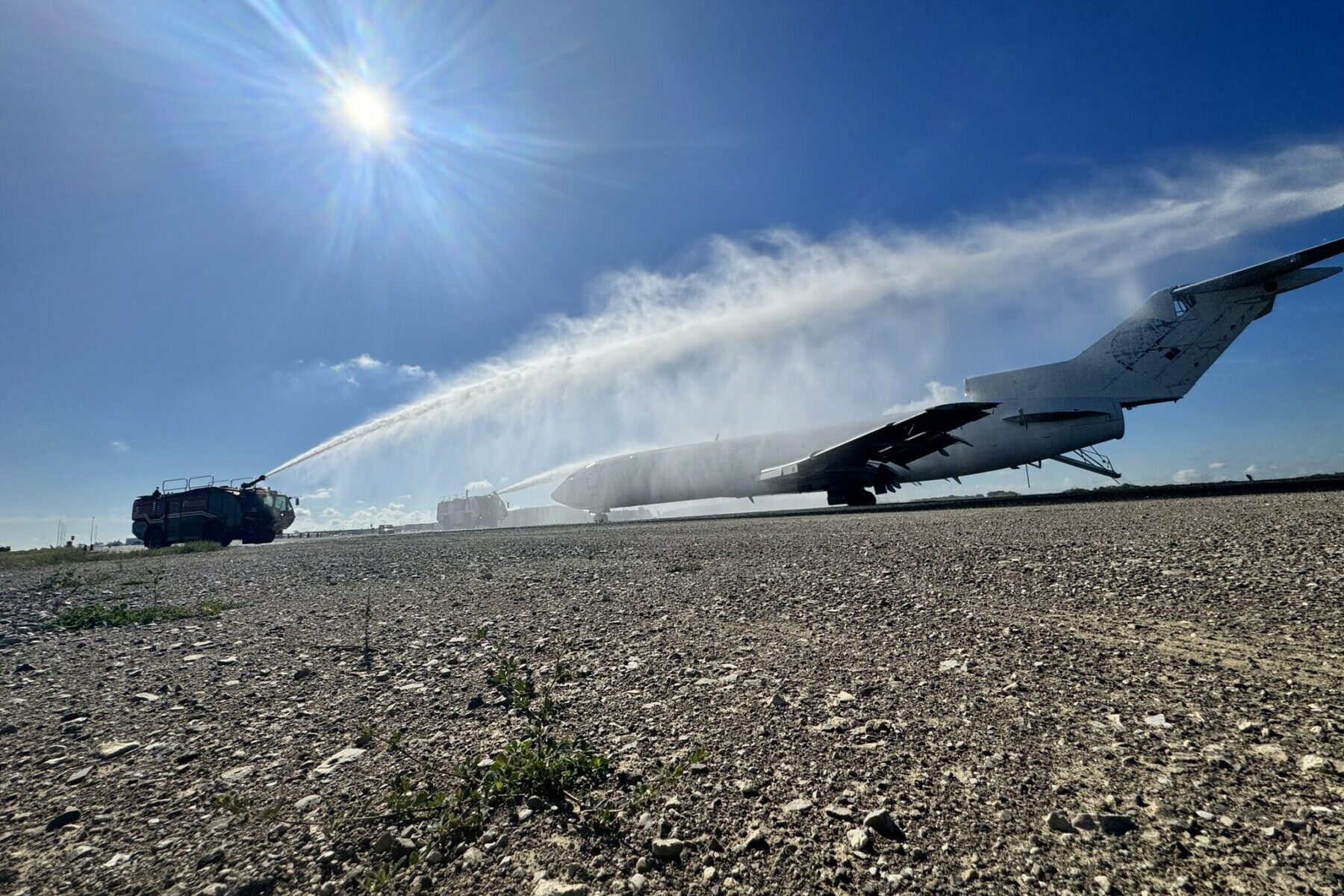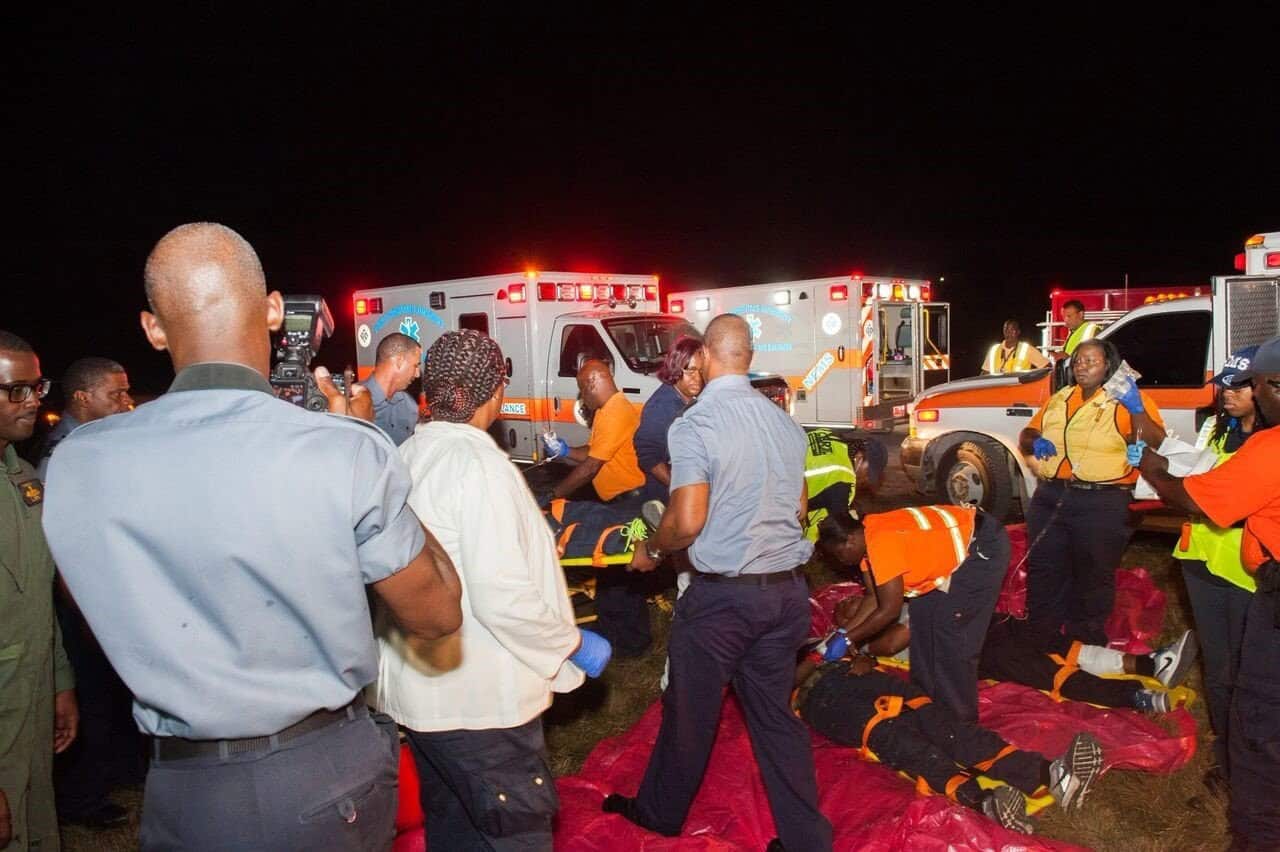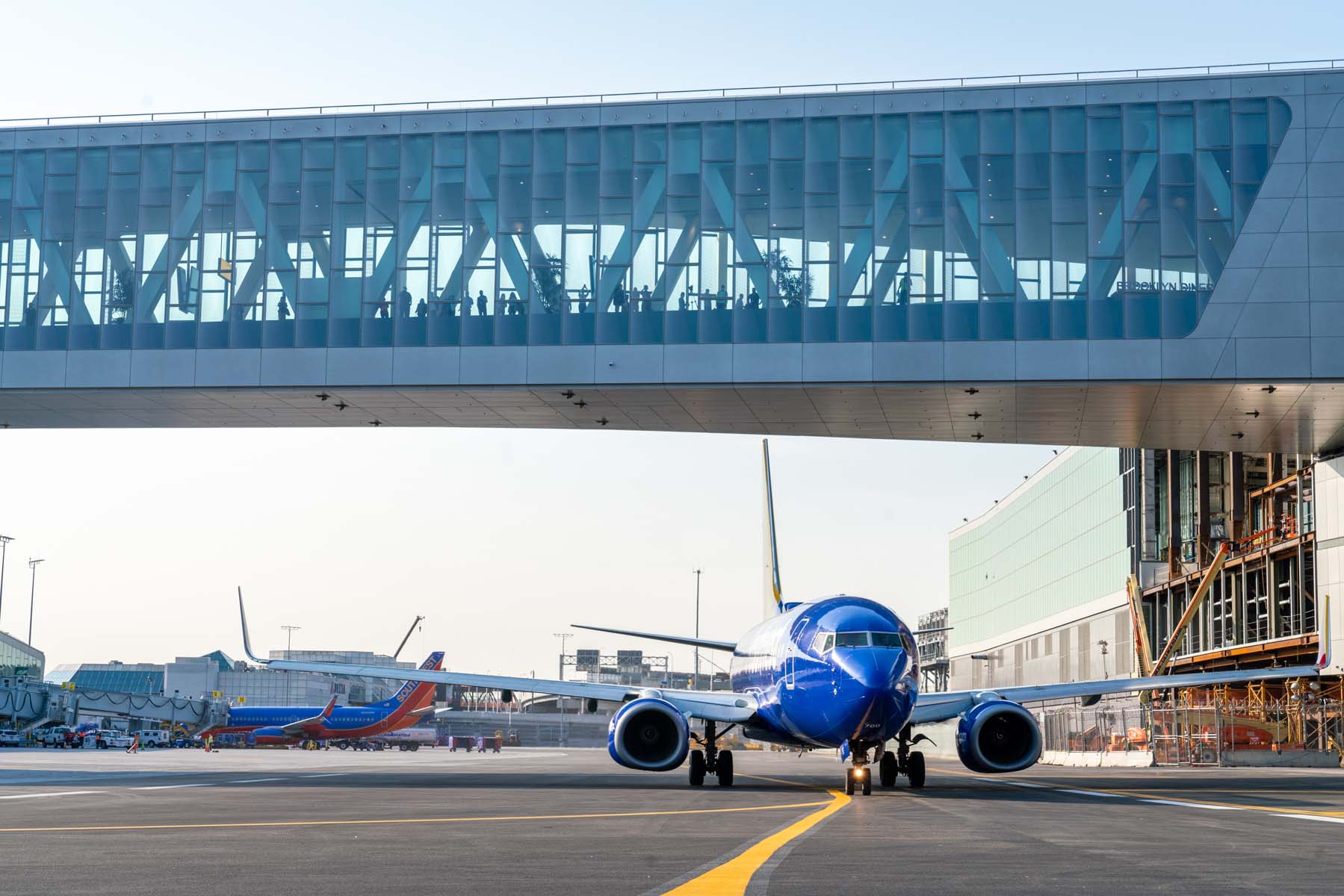Elevating Network-wide Operations Excellence Through Integrated Programs

With 13 active locations and engagements at dozens of airports in our 30-year history, Vantage Group and its global team have amassed deep experience in every aspect of airport development and operations. Our network composition facilitates shared learning and best practices amongst our locations, and the opportunity to standardize and elevate our performance through network-wide programming. Integrated programs across various operational elements enable network airports to connect and collaboratively address common challenges. This includes training and Quality Assurance (QA) programming and emergency exercise planning and execution.
A Network-wide Initiative for Increased QA Efficiency
Vantage’s operations team recently updated and implemented a network-wide integrated QA program. This unified approach to supporting operational excellence across the network includes:
- Standardized Checklists: Creating a standard template for checklists, incorporating regulatory reviews for compliance, and conformance reviews of records, training, facilities, and processes.
- QA Training: Providing comprehensive training on the program, auditing concepts, and proper documentation of QA activities.
- Administrative Support and Regular Updates: Developing support processes, including prioritizing regular meetings, and an annual QA plan for each airport, detailing the schedule, team members, subject matter expertise, and required documentation.
- Harmonized Calendar: Establishing a common QA delivery schedule for all locations, ensuring synchronized reviews and built-in efficiencies.
- Review and Evaluation of Results: Ensuring that results of QA processes or audits are shared amongst operations teams and with executive leaders, for evaluation and learning opportunities, with insights fed back into the process.
Vantage’s Canadian network airports were the first to implement the QA program, with Vantage’s corporate operations personnel working alongside team members at Hamilton International, Greater Moncton International, Kamloops Airport, and North Peace Regional Airport to develop and test a suite of standardized checklists, participate in reviews, and track performance against established metrics for safety and efficiency.
The collaborative nature of the QA team helped foster a culture of shared knowledge and best practices, supporting each location’s efforts to maintain and enhance its operations. Since then, the program and the QA team has broadened to include operations experts from Nassau’s Lynden Pindling International, JFK Terminal 7, LaGuardia Terminal B, and Larnaka and Pafos, Vantage’s two airports in Cyprus – with each participant bringing fresh perspectives and learning opportunities to the broader group. Training, assessments, and compliance reviews are conducted through a combination of in-person and virtual meetings, with QA experts from one location supporting those in another. This promotes sharing of expertise across the network.

While regulatory compliance mandates QA programs, the benefits extend far beyond mere obligation, and are further amplified by Vantage’s integrated network approach. Regular QA reviews keep operations on track, prevent outdated practices, and provide continuous improvement opportunities. This leads to safer operations and a significant reduction in risk. As our network colleagues engage in the QA process, they gain valuable insights and understanding, often experiencing ‘aha’ moments that highlight the importance of their efforts.
Integrated Airport Emergency Management
One crucial aspect of airport operations is emergency management. Centered on the three principles of Prevent, Prepare, and Practice, emergency management helps ensure that airport operators and their stakeholders are ready to respond to all manner of potential emergency situations, by prioritizing the safety and security of the airport, its passengers and employees, and maintaining high emergency response standards. Airports regularly test their emergency response plans through simulation drills, tabletop exercises, and, at a frequency established by the relevant aviation governing body, full-scale live scenarios. Whether the scenario involves an aircraft incident, medical emergency, security or biological threat, or natural disaster, practicing helps airports better prepare for real-life emergencies, however rare. Utilizing the knowledge around the network to plan and facilitate emergency exercises not only amplifies knowledge and resource sharing but also leads to more efficient and effective individual exercises.
John C. Munro Hamilton International Airport held its bi-annual full-scale emergency exercise in September 2024. The simulation tested a scenario in which an international arriving aircraft experienced a hard landing, damaging the aircraft, triggering a fuel spill and fire, and requiring passenger evacuation and medical treatment simulations.
Participants tested activation of the airport’s Emergency Operations Center (EOC), intra-agency communication with a number of participating external partners, and recovery from the event. The process involved simulating all key elements, including EOC operations, airport operations, fire response, security, and coordination with many external agencies such as Canada Border Services Agency, Hamilton Fire Service, Hamilton Police, and Hamilton Paramedics.
Multiple emergency response agencies and airport partners participated in the simulation, focusing on the coordination of emergency response, medical triage, and incident command. Cole Horncastle, Executive Managing Director at Hamilton International, observed the drill with a keen eye. “Exercises like these are vital,” he noted. “They ensure that we and our partners are well-coordinated and ready to respond effectively in the unlikely event of a real emergency.”
Elsewhere across the network, emergency exercises have also been recently staged by Lynden Pindling International Airport in The Bahamas, and Larnaka International Airport in Cyprus. While the scenarios tested were different, with the Bahamian team simulating an aircraft crash and the Cyprus team staging a fire scenario aboard an aircraft after takeoff, the practice and insights were equally valuable.
Both emergency exercises and QA evaluation processes yield important insights. These learnings are fed back into individual airport emergency management plans and protocols, and are also shared across the Vantage network to bolster overall safety standards and compliance at every location.
These integrated operations programs are some of the many Advisory and Management Services we offer network airports and prospective partners.
Learn more about optimizing your operations with Vantage Group
Resource Hub
Discover How Vantage Elevates Transportation Experiences
At Vantage, we’re launching innovative airport redesign projects and reimagining the future of transportation. See More in Our Resource Hub

Transforming Transportation, Together
Let’s partner to bring your ideas to life, building sustainable, connected airports and transportation centers together.



